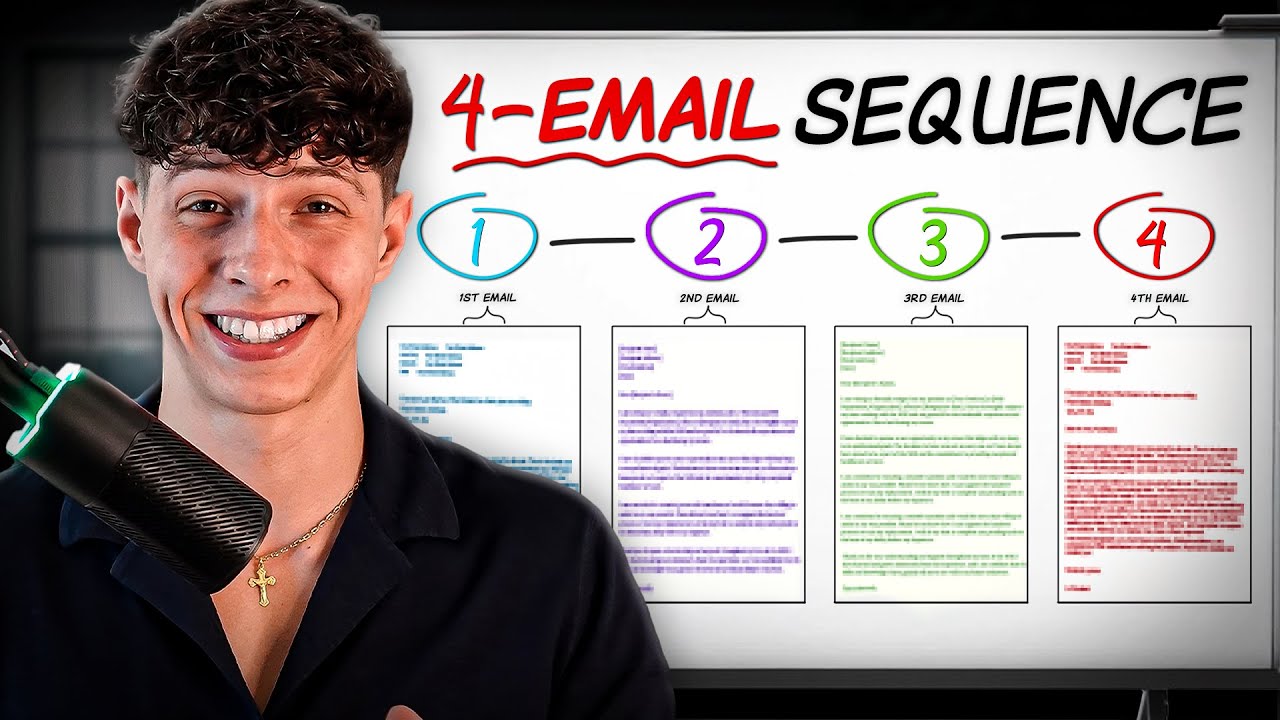How to tell an anecdote in English
Summary
TLDRIn this engaging video, the speaker shares the art of storytelling through personal anecdotes. Highlighting the essential structure of an anecdote, they provide practical advice on how to capture an audience's attention, keep the story moving, and choose impactful vocabulary. Through a humorous personal experience at a French train station, the speaker illustrates the importance of arriving early, while emphasizing the need to eliminate unnecessary details. The lesson is clear: with practice and attention to detail, anyone can tell a compelling story that captivates listeners.
Takeaways
- 😀 Arriving at a train station less than an hour before departure can lead to stressful experiences.
- 😄 An anecdote is a brief story that highlights funny, surprising, or interesting events.
- 📖 A good anecdote follows a basic structure: introduction, main events, and conclusion.
- 🗣️ Engaging introductions grab the audience's attention, such as starting with 'Have I ever told you about the time when...'.
- 🔄 Using sequencing words (like first, then, next) helps to clearly outline the story's progression.
- 🔗 Linking words (like so and because) guide the audience through the narrative.
- 🌟 A strong conclusion reflects on dramatic moments and lessons learned from the anecdote.
- ✂️ Cutting out boring details makes the story more engaging and easier to follow.
- 🏃♂️ Keeping the action moving prevents the narrative from dragging and losing the audience's interest.
- 🗨️ Practicing delivery with emphasis on key words enhances storytelling and captivates listeners.
- 📚 Choosing vivid vocabulary makes the story more interesting and memorable.
Q & A
What is the main topic of the video transcript?
-The video discusses how to effectively tell anecdotes, focusing on structure, engaging the audience, and eliminating unnecessary details.
What are the key components of an anecdote according to the speaker?
-The key components include an introduction, the main events sequenced step-by-step, and a conclusion that highlights the lesson learned.
How can one grab the audience's attention in an anecdote?
-One can grab the audience's attention by starting with engaging phrases like 'Have I ever told you about the time when...' or 'You won't believe what happened to me...'.
What sequencing words should be included in an anecdote?
-Sequencing words like 'first,' 'then,' 'next,' 'in the end,' and 'finally' should be used to clarify the order of events.
What is the speaker's advice regarding boring details in anecdotes?
-The speaker advises to cut out boring details that do not contribute to the story, as they can distract the audience.
What should one focus on to keep the action moving in an anecdote?
-One should move on to the next step of the story without pausing to add unnecessary details or evaluations of what happened.
How can delivery impact the storytelling of an anecdote?
-Practicing the way the anecdote is told can make it sound more interesting, especially by emphasizing important words.
What kind of vocabulary should be used when telling an anecdote?
-The vocabulary should be interesting and vivid; for example, instead of saying 'I was really scared,' one could say 'I was absolutely terrified.'
What personal experience does the speaker share in the transcript?
-The speaker shares a humorous anecdote about arriving late at a French train station and missing their train after walking to the wrong side.
What lesson does the speaker convey from their personal anecdote?
-The speaker conveys the lesson to arrive at least an hour early before a train at a French train station to avoid similar situations.
Outlines

This section is available to paid users only. Please upgrade to access this part.
Upgrade NowMindmap

This section is available to paid users only. Please upgrade to access this part.
Upgrade NowKeywords

This section is available to paid users only. Please upgrade to access this part.
Upgrade NowHighlights

This section is available to paid users only. Please upgrade to access this part.
Upgrade NowTranscripts

This section is available to paid users only. Please upgrade to access this part.
Upgrade NowBrowse More Related Video

How to build trust in seconds | Adrienne Bankert | TEDxReno

Martin Shkreli Analyze Nike

Czy CZERWONE mięso JEST zdrowe? Wyjaśniam raz na zawsze! | Sports-Med

This 4-Email Sequence Allows ANYONE To Print Money Out Of Thin Air

How to tell a story( Past Events) in English? - Spoken English lesson

Contoh Story Telling Singkat Bahasa Inggris SMP Kelas 9
5.0 / 5 (0 votes)